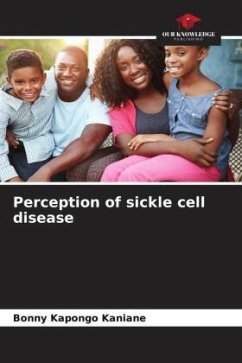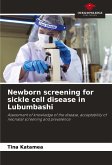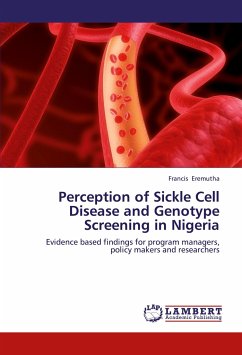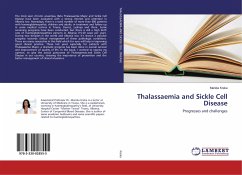Sickle cell anaemia remains a highly debilitating and fatal disease, and is still poorly understood and sometimes ignored by the Congolese population. It is an acute and even chronic long-term problem, with major socio-economic consequences including poverty and conflict at both family and community level. This high level of pressure undermines family solidarity and social organisation as a whole. In our study, however, we sought to work with the parents of families affected by the disease, living in the outskirts of Kinshasa, supported by an NGO called FOYAN, which has set itself the task of raising awareness among these families about how best to care for their children with sickle cell disease. The study showed that if parents are well informed about the disease, they accept their sick children and go above and beyond the call of duty, despite their meagre means, to care for their sick children. There have also been no cases of divorce or abandonment of families by fathers, except that the problem lies mainly with matrilineal families.
Bitte wählen Sie Ihr Anliegen aus.
Rechnungen
Retourenschein anfordern
Bestellstatus
Storno








